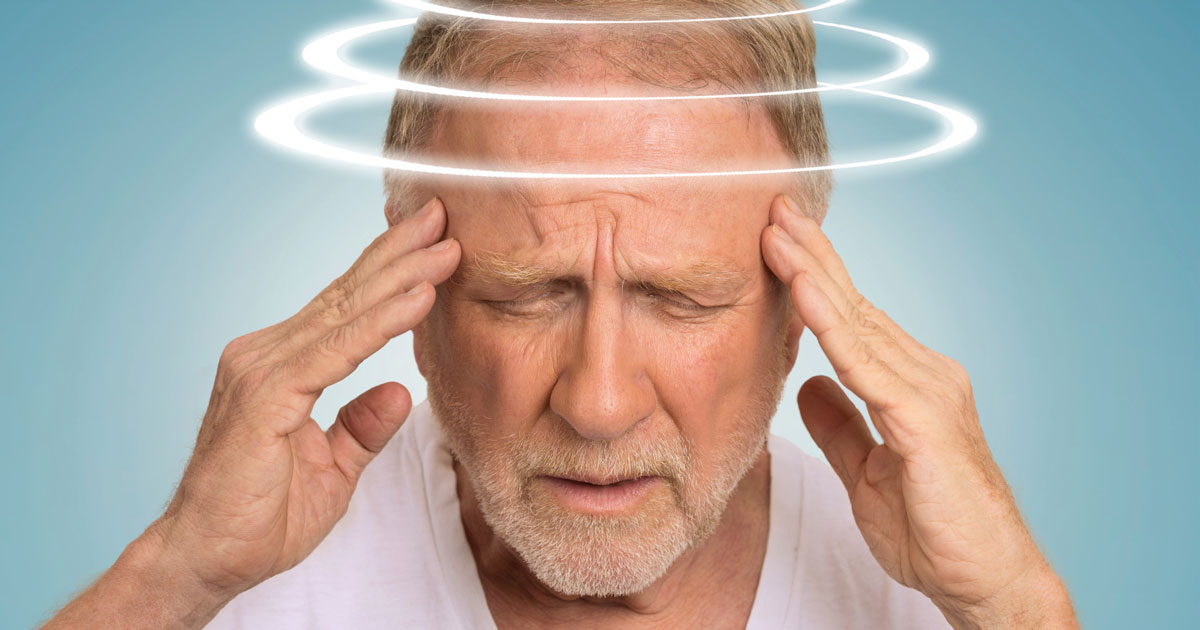Diagnosis and Treatment of Vertigo
Some symptoms may be relieved by the use of over-the-counter anti-nausea and seasickness remedies. Take a stress formula multivitamin, which contains high levels of B complex vitamins. Lying still may be helpful too.
Avoid bright or blinking lights. Some people experience less vertigo when they wear sunglasses. Avoid sudden movements.
If simple home remedies are ineffective, your health care provider may prescribe prescription medications to help relieve symptoms. Medications for MS anxiety, nausea and dizziness are often helpful. Short-term therapy with corticosteroid medications is also sometimes prescribed.
Keep in mind some of the medications need to be taken regularly for an extended period of time in order to reach their maximum levels of effectiveness. Unfortunately some people feel worse when they take medications prescribed to relieve vertigo symptoms.
If you experience severe symptoms, such as nausea and prolonged vomiting, you may need to go to the emergency room so you can be treated with strong medications and intravenous fluids.
In rare cases, surgery is needed to relieve vertigo.
Medical Specialists Help Diagnose and Treat Symptoms
Your health care provider may refer you to a neurologist who specializes in disorders of the inner ear. Advanced testing techniques may be employed to help pinpoint the source of your distress.
You may be referred to a physical therapist who specializes in the treatment of vertigo. You will be instructed how to perform simple movement, known as vestibular rehabilitation exercises.
By consistently doing these exercises at home, relief may be obtained and the need for treatment with medication may be eliminated. These exercises work by restoring proper function of your inner ear.
There are tiny movable crystals within your inner ear that aid balance, and sometimes they don’t move around normally. The exercises restore proper movement of the crystals and vertigo symptoms may disappear completely or be significantly reduced.
Complications Due to Vertigo
Vertigo is not just unpleasant, it can have major impacts on the quality of your life.
While many of these impacts are disabling and discouraging, keep in mind you may not experience severe or persistent vertigo. It is usually intermittent and help is available.
- You may not feel like eating if you are nauseated. Nutritional issues may arise due to your inability or desire not to eat.
- You may have to limit your activities due to the sensations which you experience. Your risk for falling intensifies, which is particularly problematic if you already suffer from weakness, visual disturbances, impaired ability to feel or spasticity.
- You may become anxious. This can occur particularly if you are experiencing symptoms for the first time.
- Visual disturbances may develop or intensify.
- You may experience ringing in your ears (tinnitus). Your ability to hear may also be impacted.
- Moving may be difficult or impossible if your symptoms are severe. This includes walking, standing, bending or driving.
- You may enjoy life less and risk losing your independence. Some individuals become bedbound due to vertigo.
Be patient — several treatment options are available. Vertigo may even go away on its own.
Everyone responds differently to treatment so it may take some time to find the most effective therapy that will meet your individual needs. Don’t give up. An effective treatment is likely to be found that will provide relief of this intensely disturbing sensation.

